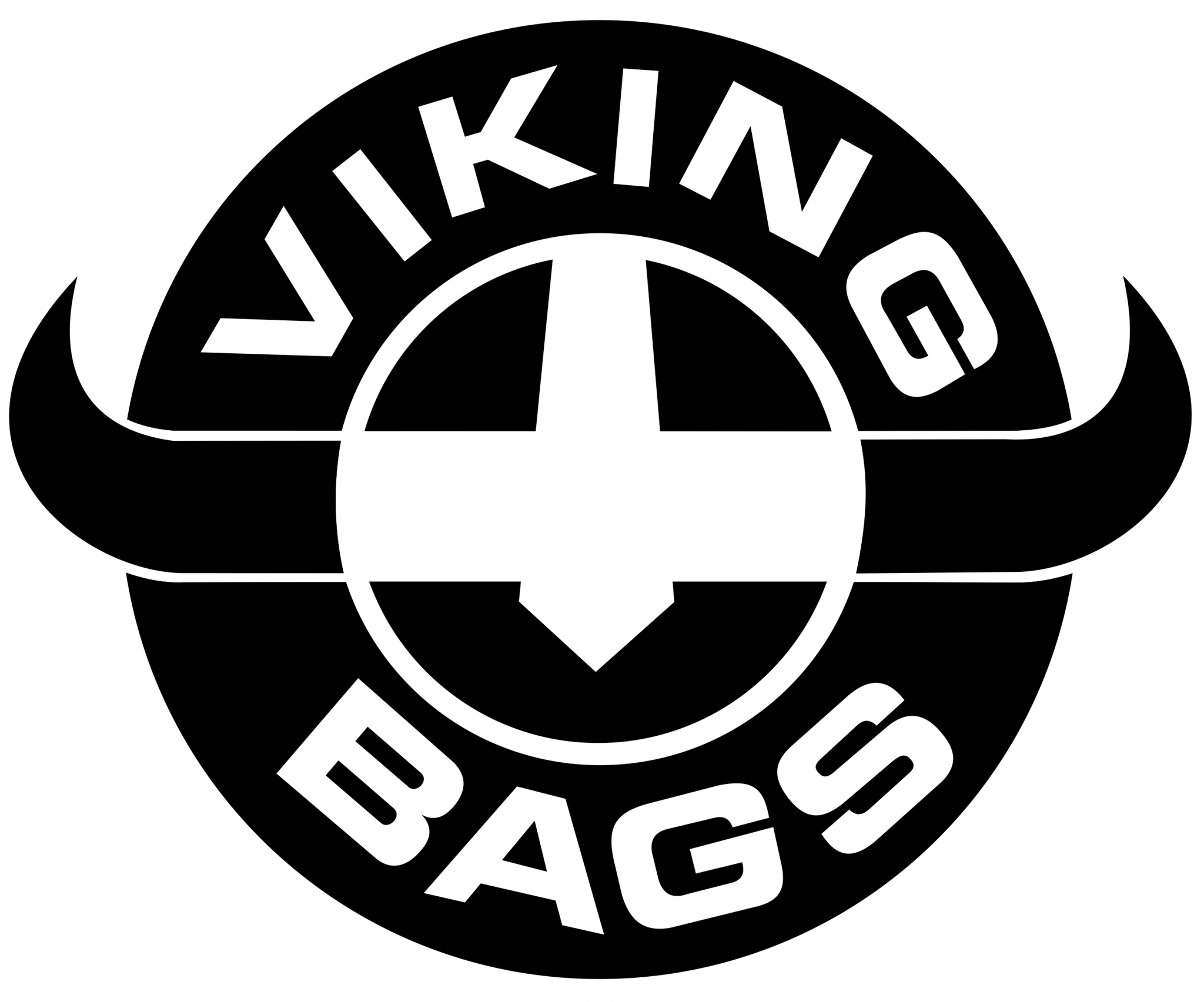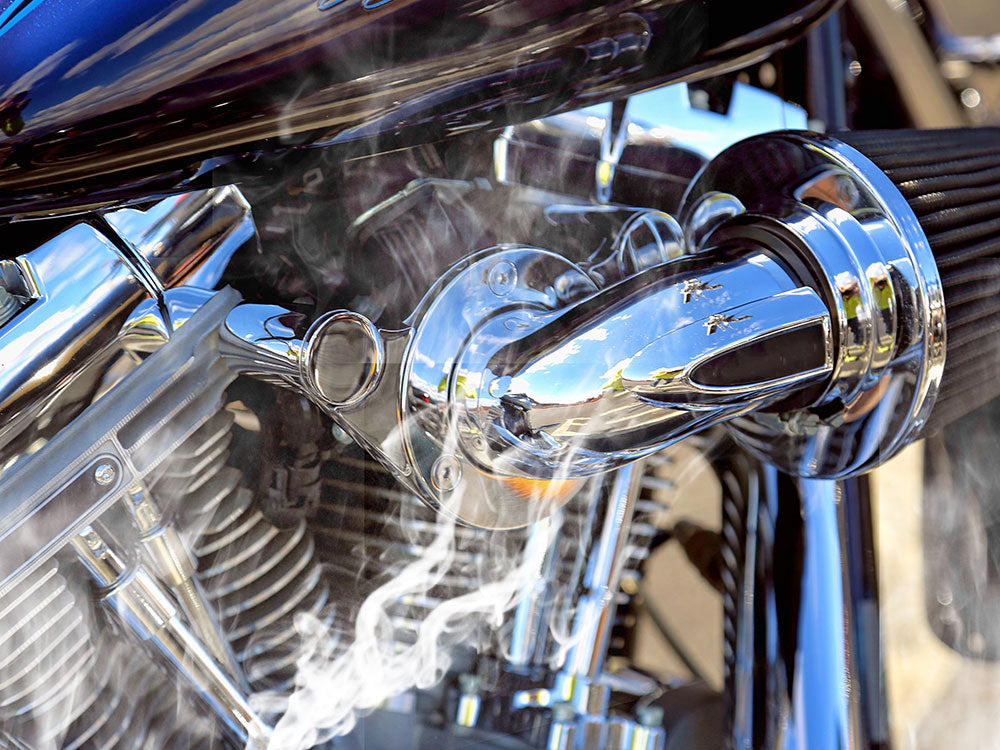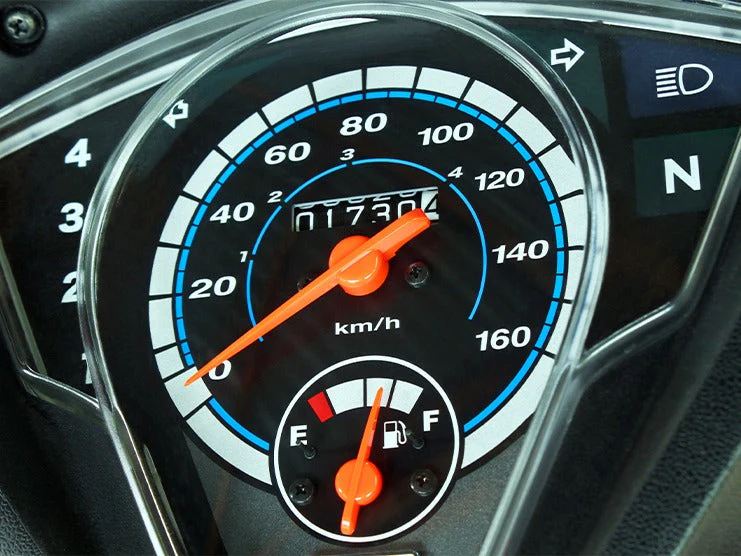Table of Content
The engine overheating is a major issue in motorcycles that can be caused due to various reasons. Most modern motorcycles have an indicator on the instrument panel that shows when the engine is overheating. However, an expert rider can determine whether the engine is overheating based on the motorbike’s performance, a sudden drop in power, and excess heat coming from the engine. Take action if the engine overheats since it can result in the engine breaking down.
The engine is the most expensive and integral part of a motorcycle. If you ignore the engine overheating and keep riding, it will be expensive to repair the engine. Continue reading this article to learn about the reasons why your motorcycle engine is overheating.
Also Read: MOST COMMON MILWAUKEE-EIGHT ENGINE PROBLEMS
1. Excessive Riding at High Speeds

| Motorcycle Engine Overheating Due to Excessive Riding at High Speeds | |
|---|---|
| Causes | How to Avoid |
| Due to continuous riding | Give motorcycle a break |
| Putting too much load on the engine | Do not ride continuously for hours |
| Riding at higher rpm | Ride at lower rpm |
| Riding at high speeds | Do not put extra load on the engine |
When a motorcycle goes on long, continuous rides, it can put pressure on the engine that can cause it to overheat. Also, when riding at high speeds, the engine has to work harder to deliver enough power. If you will not let the engine rest and cool down, it will overheat in less time.
1.1 How to Avoid This?
Do not keep riding the motorcycle continuously for longer periods. Give the engine some time to cool down by not riding for a little while. Increasing the load on the engine while riding can increase stress in the engine. Try to ride your motorcycle at lower rpm to reduce the load on the engine and avoid operating the motorcycle at high speeds.
2. Problems with the Engine Cooling System

2.1 Low-Quality Coolant
High-quality coolants are essential for better performance, low fuel consumption, and keeping the engine cool. Using low-quality and old coolant can result in the engine overheating.
How to Avoid This?
- Always use high-quality coolant
- Replace the coolant every two years
- Check the motorcycle owner’s manual for information on what type of coolant to use and when to change it.
- Make sure that the coolant is compatible with your make and model
- Should be non-corrosive
- Should have low freezing and high boiling points
2.2 Insufficient Coolant
A low coolant level in the radiator can also cause the engine to overheat. Check the level of the coolant in the radiator every month. If there is insufficient coolant, do not top it off with low-quality coolant or water.
How to Avoid This?
- Refill the coolant in the radiator if low
- Do not top it off with low-quality coolant or water
- Make sure to check the coolant level every month
2.3 Clogged Radiator

A clogged radiator can cause the engine to overheat due to most riders not monitoring the condition of the radiator’s grill. It is also difficult to access and clean the radiator due to being between the engine and the front tire. Dust that accumulates on the radiator can disrupt heat transfer.
How to Avoid This?
- Regularly check the condition of the radiator.
- If you do not know how to access or clean the radiator, consult a professional mechanic.
- Cleaning the radiator ensures better heat transfer and keeps the engine cool.
2.4 Leaks in Radiators

When coolant absorbs heat from the engine, the radiator takes this heat and releases it from the system. Leaks in the radiator can cause coolant to leak, resulting in the engine overheating. Repairing leaks in the radiator can be expensive since you have to replace the radiator and refill the coolant.
How to Avoid This?
- Regularly check the radiator for any leakage.
- Keep checking the coolant level.
- Consult a professional mechanic for help if needed.
2.5 Faulty Radiator Fan or Thermostat

The thermostat is a switch that turns the radiator fan on and off after receiving a signal from a sensor. The sensor sends a signal to turn on the thermostat if the engine temperature is high. If either component is faulty, the radiator will not work and the engine heat will not dissipate.
How to Avoid This?
- Regularly check the radiator
- Replace the radiator fan and thermostat if they are faulty
3. Carburetor Issues

3.1 Motorcycle Running on Lean Air/Fuel Mixture
A lean air/fuel mixture often happens in old motorcycles fitted with carburetors. Carburetors are mechanical devices that create a proportionate mixture of air and fuel that is delivered to the engine for combustion. However, a disproportionate air and fuel mixture can cause the engine’s performance to degrade.
If there is more fuel than air, it is known as a rich air/fuel mixture. If there is more air than fuel, it is known as a lean air/fuel mixture. A lower fuel supply to the engine means less heat transfer from the engine. The air present in a lean mixture is not able to remove heat from the system. Thus, more heat is absorbed by the engine components.
How to Fix This?
- Check for vacuum leaks and replace any old and cracked gaskets, clamps, and hoses.
- Check the air filter to make sure it isn’t clogged.
- You may need to replace a faulty fuel pump.
4. Engine Oil Issues

4.1 Insufficient Engine Oil
Engine oil works as a lubricant to prevent the moving engine parts from grinding against each other and causing increased friction. Insufficient engine oil can cause wear and tear in the engine components and increase heat.
4.2 Low-Quality Engine Oil
Low-quality engine oil is equally problematic for motorcycles as insufficient engine oil. To ensure the best performance, make sure to use the recommended engine oil mentioned in the motorcycle owner’s manual. Low-quality engine oil can evaporate quickly when the engine becomes hot or escapes into the combustion chamber, resulting in a low oil level. In air-cooled engines, engine oil acts as a coolant that dissipates heat caused by friction.
4.3 How to Avoid This?
- Regularly check the engine oil level
- Engine oil should be replaced every 3,000-5,000 miles
- Check the motorcycle owner’s manual to learn what type of engine oil you need
5. Riding in Hot Weather
Motorcycle engines operate best in moderate weather conditions. Motorcycle engines often experience problems if the weather is extremely hot or cold. Cool air helps dissipate the heat coming from the engine. As per the laws of physics, heat transfers from a hotter body to a colder body when both come in contact with each other. While riding a motorcycle on open roads and highways, the engine does not overheat as often compared to riding a motorcycle through busy traffic. Riding on highways allows cool air to dissipate the engine heat. Riding in extremely hot weather will make it harder for heat from the engine to dissipate.
5.1 How to Avoid Engine Overheating in Hot Weather?
While you can’t control the weather and temperature, you can do the following to keep your motorcycle engine cool during hot weather:
- Do not ride continuously.
- Ride when the sun goes down
- Keep the motorcycle engine clean
- Take regular breaks while riding
6. Results of the Engine Overheating
6.1 Loss of Power
An engine that is overheating may cause a loss of power, slower acceleration, and inconsistent throttle response.
6.2 Excessive Heat
An engine that is overheating will produce excessive heat. Excessive heat coming from the engine can make it difficult to ride comfortably, especially in hot weather. You will not be able to ride for more than half an hour as the excessive engine heat can burn your legs.
6.3 Poor Fuel Mileage
An engine that overheats will result in poor fuel mileage as it burns more fuel.
6.4 Clunky Gear Shifting
An engine may overheat due to its low engine oil not lubricating the internal parts enough and causing them to grind against each other. Increased friction between the engine’s moving parts can result in clunky gear shifting.
6.5 Radiator Making Noise
If you hear a loud gurgling sound coming from the motorcycle’s radiator, this may indicate the engine is overheating. Stop riding immediately and consult a professional mechanic.
6.6 Burning Oil Smell
If you smell burning oil coming from the engine, this may indicate the engine is overheating and burning fluids. Immediately stop riding your bike and consult a professional mechanic.
Also Read: HOW TO CLEAN A MOTORCYCLE ENGINE
7. Takeaway
The motorcycle engine overheating is a common issue that can degrade an engine’s performance and can even cause it to break down. If your motorcycle engine is showing clear signs of overheating, stop riding and consult a mechanic. There can be several reasons why your motorcycle engine is overheating, including issues with the coolant, carburetor, engine oil, radiator, and thermostat.
To improve the performance of your motorcycle and prevent the engine from overheating, make sure to follow a regular motorcycle maintenance schedule. You can also improve the aesthetics and comfort of your motorcycle by installing a few aftermarket parts available at Viking Bags. These include sissy bars, sissy bar pads, handlebars, crash bars, seats, and fairings. If you love motorcycle touring, Viking Bags also has different luggage options to improve the storage capacity of your motorcycle, including saddlebags, sissy bar bags, and handlebar bags.













Leave a comment
All comments are moderated before being published.
This site is protected by hCaptcha and the hCaptcha Privacy Policy and Terms of Service apply.